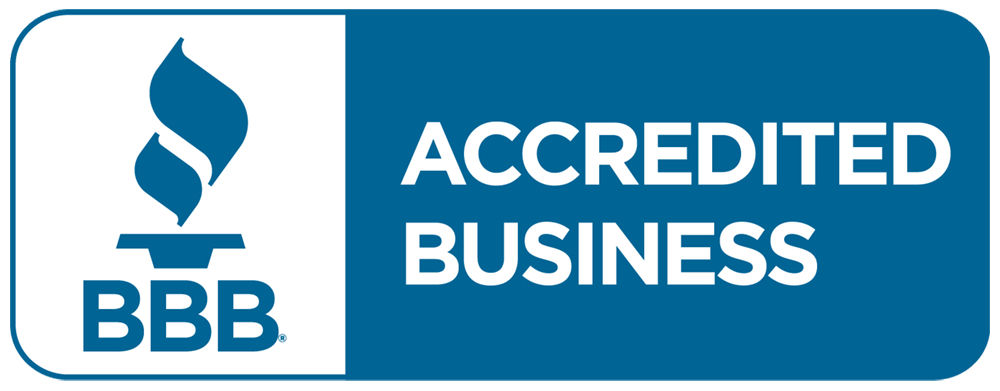When you declare bankruptcy, that filing does go on your credit report. It can impact your ability to get a loan in the future. Even as you work to rebuild your credit score — which is not as difficult as many people assume — that filing will keep the score lower than it would be otherwise.
For this reason, one of the first things that a lot of people ask is simply how long that filing will remain on the report. How long do they have to wait until it gets removed and they can really feel like the whole situation is behind them?
The date you file is when it begins
The date on which you file for bankruptcy is the day on which the countdown starts. This can be important, as it may take months to complete the process, but your filing will not stay on your record for an extra amount of time if the filing itself is drawn out for some reason.
All that said, the timeframe for a Chapter 7 filing is 10 years. After a decade, it comes off of your report and no one but you knows what happened in the past.
What should you do in the meantime?
So, do you just have to wait ten years to fix your credit score? Certainly not! There is a lot you can do, such as:
- Maintaining a job
- Making all payments on time
- Using secured credit cards to prove you can handle debt
- Only spending what you can afford
Building your score back up is a process, and waiting for the filing to come off of your record is just one part of that process. You may not be able to speed it up, but you can definitely increase your score — sometimes by a drastic amount — in the meantime.
Looking into your legal options
Debt problems typically come from issues outside of your control. Don’t blame yourself. Don’t worry about the future. Just look into all of the legal options that you have and take what steps you can to get things back on track.



